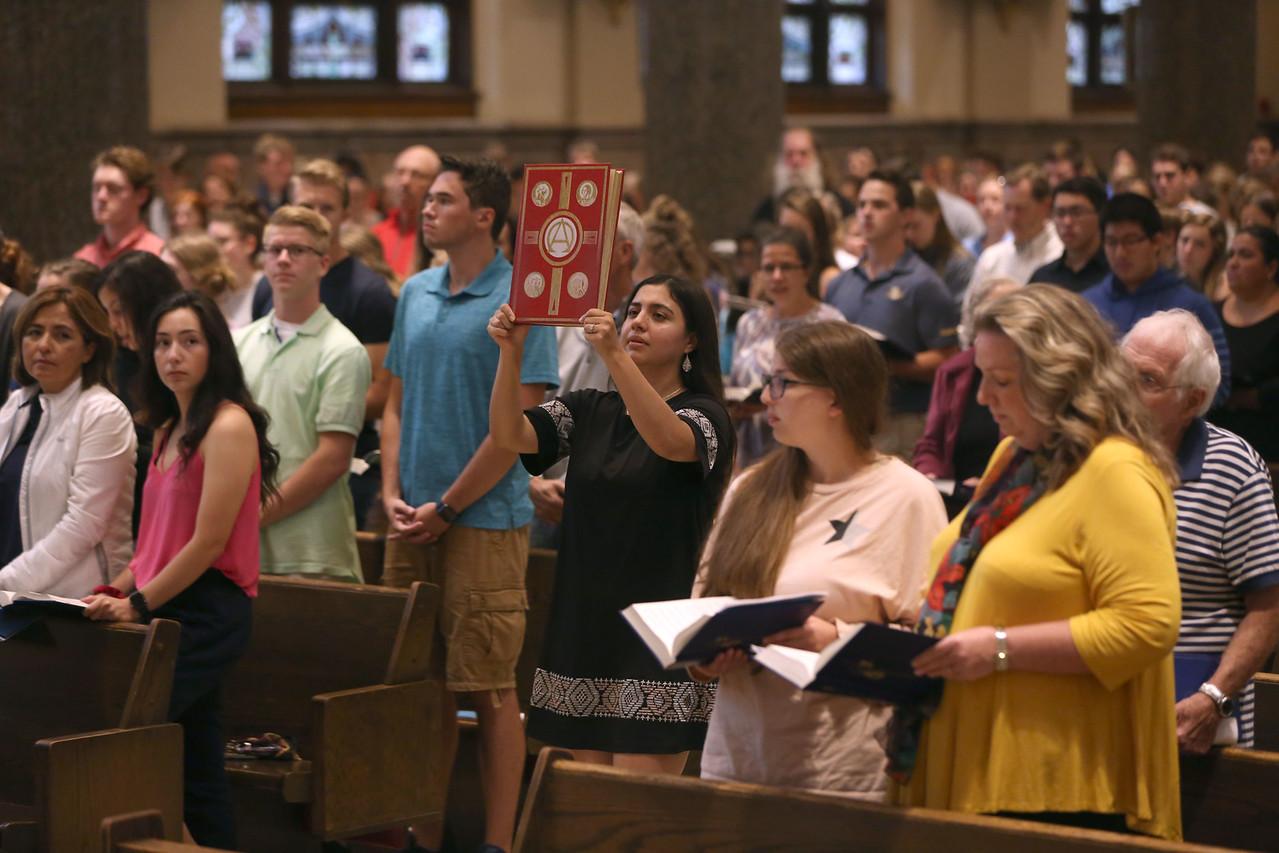Fasting has long been a part of ascetic Christian practices, employed frequently during the Lenten season. It can be a beautiful practice with many spiritual fruits: allowing the hunger people feel physically to remind them of the spiritual hunger they feel for God, and developing solidarity with the poor by experiencing hunger coupled with the sacrifice of money people would ordinarily spend on food or “extras” to alleviate their suffering. A long-employed tool from the Christian tradition, fasting remains powerful; however, in a contemporary context, it is valuable to consider the societal forces and presuppositions at work–especially surrounding standards of beauty–via the Ignatian “See, Judge, Act” paradigm as one determines how to fast this Lent. This presentation will focus on the pressures girls and women experience related to fasting, but men will also find fruit in engaging this paradigm as they prepare to fast this Lent.
See: Studies from various fields including sociology, anthropology, and medicine indicate that societal female beauty standards are rooted in thin-ideal images. These edited images depict women who are unhealthily thin, promoting a beauty-ideal that compels girls and women to compare themselves to a standard which is, broadly-speaking, unattainable and unhealthy. Beauty ideals, driven by the diet, fitness, and beauty industries, are also unstable; they vary from decade to decade, ensuring that women’s bodies must also change to conform to the current standard. Accurately seeing the context in which we exist is the first step in determining how one might act.
Judge: Having reflected on the current state of expectations for women’s bodies, one can evaluate their own relationship with food, eating, and beauty standards. Many women are challenged by disordered eating–unhealthy eating habits or patterns around food and exercise which cultural narratives about sacrificing for fitness or beauty perpetuate. Social media and the accounts one follows, or that app algorithms suggest, can contribute to the challenge to have a healthy relationship with food, eating, and exercise for both men and women. In light of the reality that one has taken the time to see, one might spend some time reflecting and praying about–that is, judge–one’s own relationship with beauty and body standards, food, eating, and exercise. What role does social media, and other things within one’s control, play in this relationship? What is the status of this relationship at present?
Act: Finally, having taken time to pause and see the reality in which one exists and evaluate one’s own relationship with societal pressures regarding one’s appearance, it is time to determine how one is called to act. Is fasting from food appropriate given one’s personal history and current relationship with food? If not, prayerfully consider other ways to fast. Fasting from an app, social media, non-essential tech use, gossip, wasting time, multitasking, etc. on Fridays could free one to connect with God in a manner that fasting from food may not. If one decides on a traditional Friday fast (one normal meal and two smaller meals/large snacks), and notices that it compels unhealthy thoughts or temptations to limit one’s food intake in a certain way, one might consider fasting in a different manner during Lent. Or, if one gives up something (e.g. sweets) and notices it is coupled with a secondary desire (“this is something I am giving up for God, but if I lose a little weight that wouldn’t be bad…”), be sure to spend time in prayer with God examining that desire. Is it rooted in a desire to know one’s hunger for God and be in active solidarity with the poor? Or is it a more complicated, intertwining of the realization of social pressure to lose weight coupled with a spiritual pursuit, whereby that spiritual end might be better achieved by different means?
As you prepare to fast this Lent, I invite you to discern how to do so by taking time to prayerfully see, judge, and act on how you are being called to enter into this penitential season in a way that brings spiritual growth.
